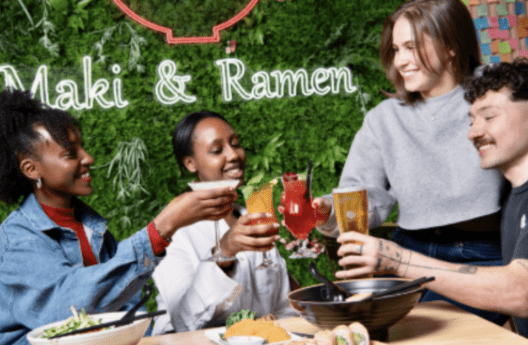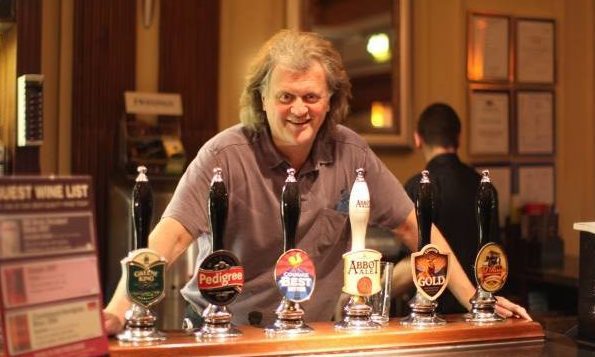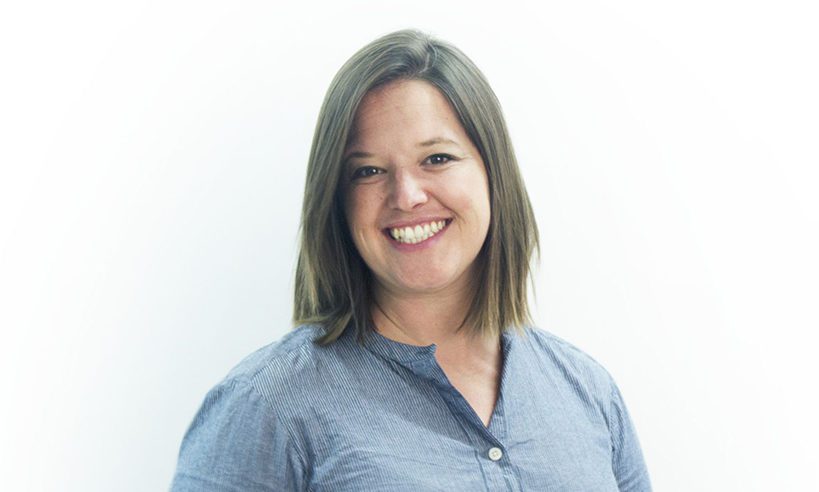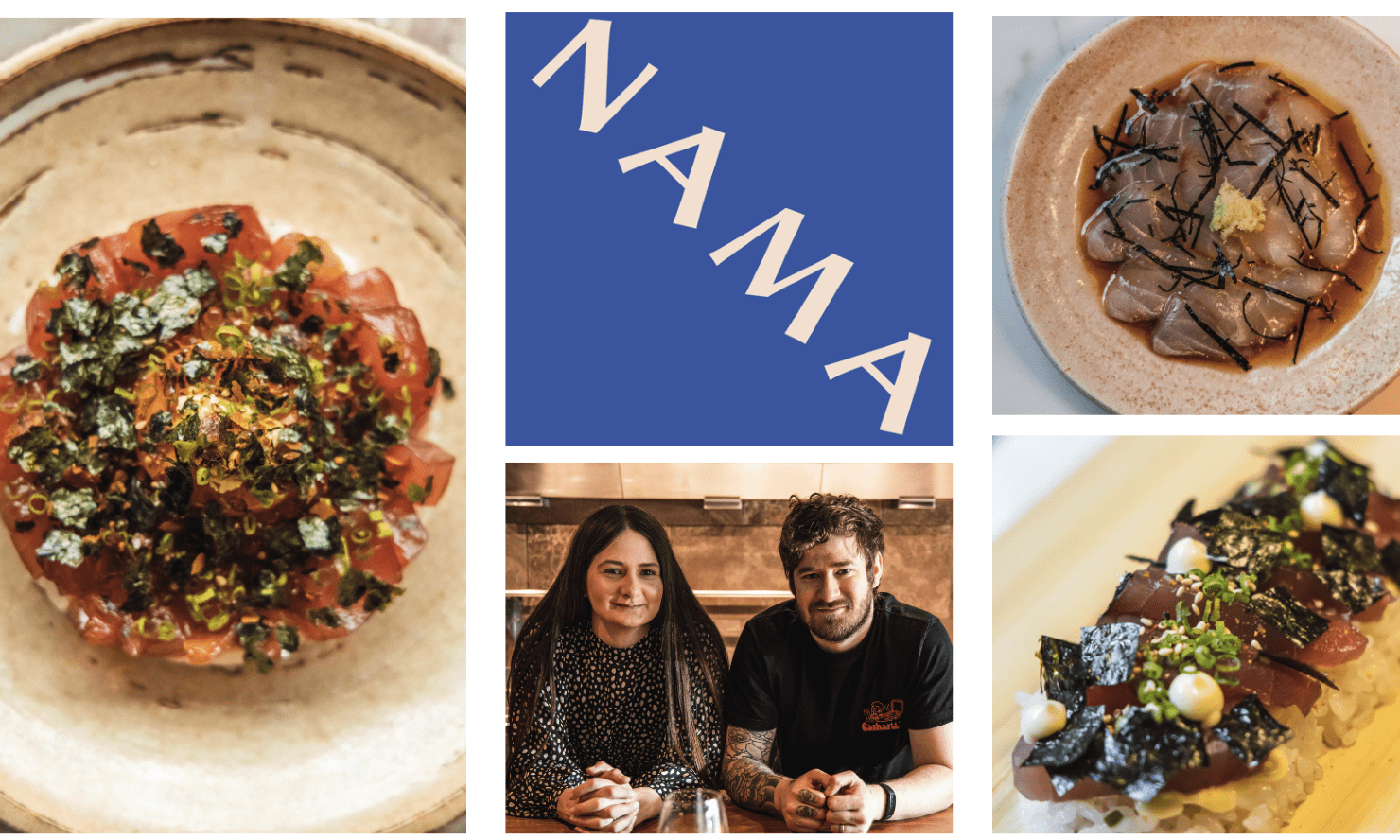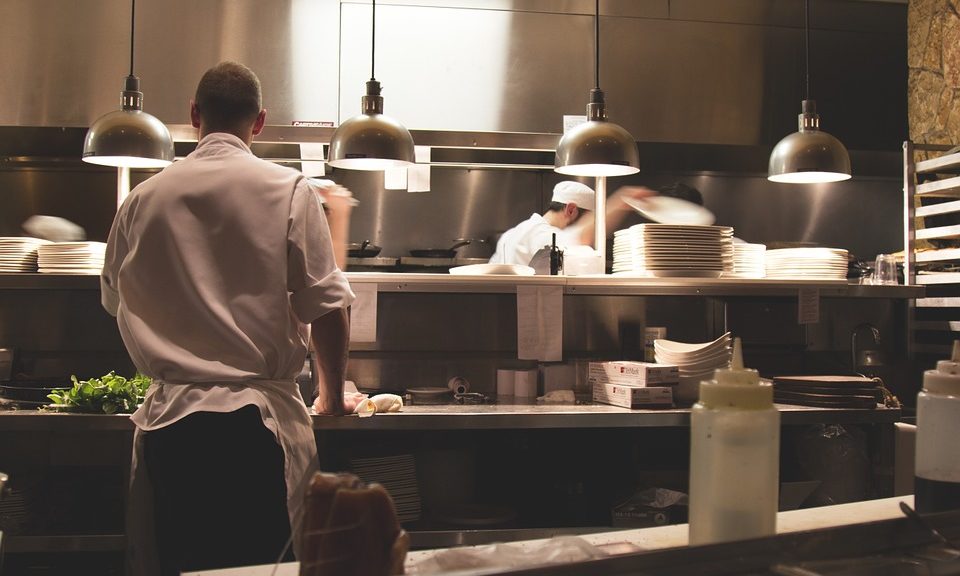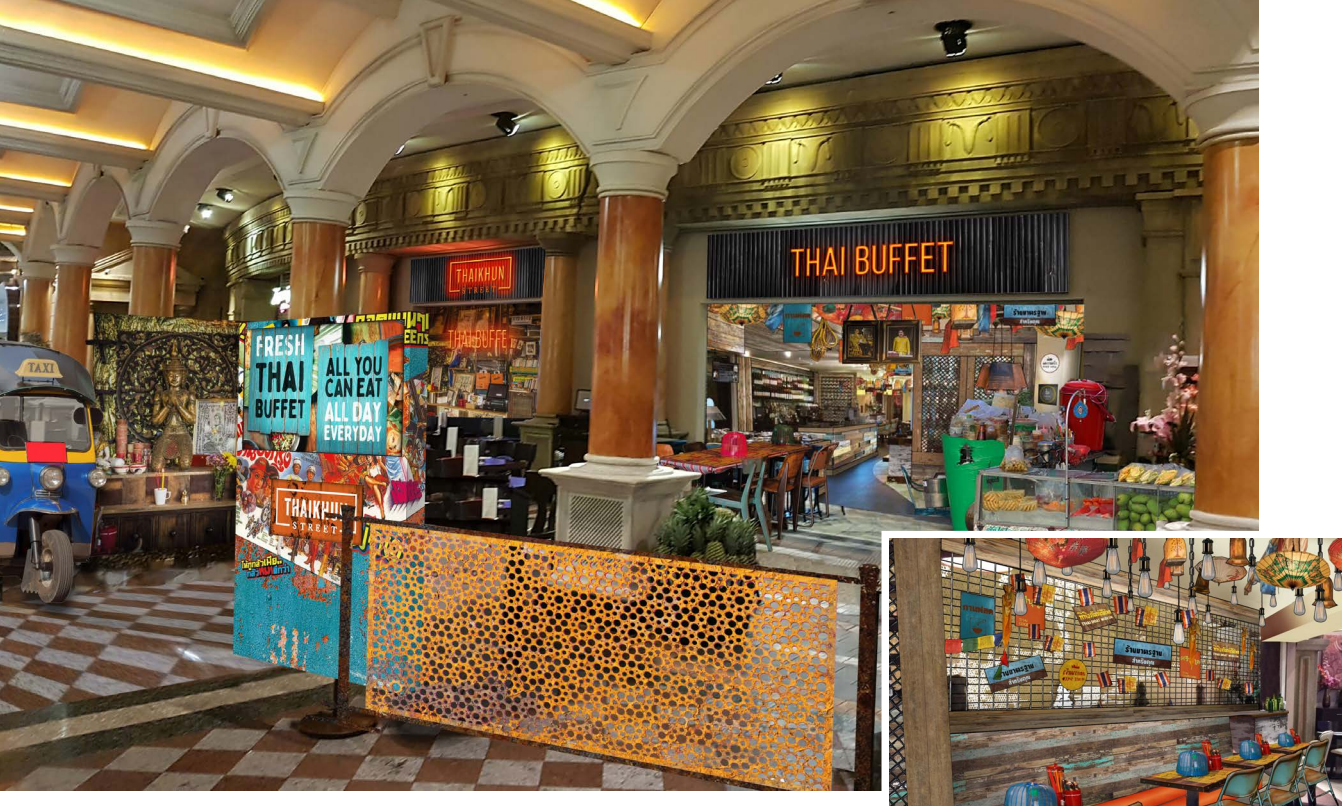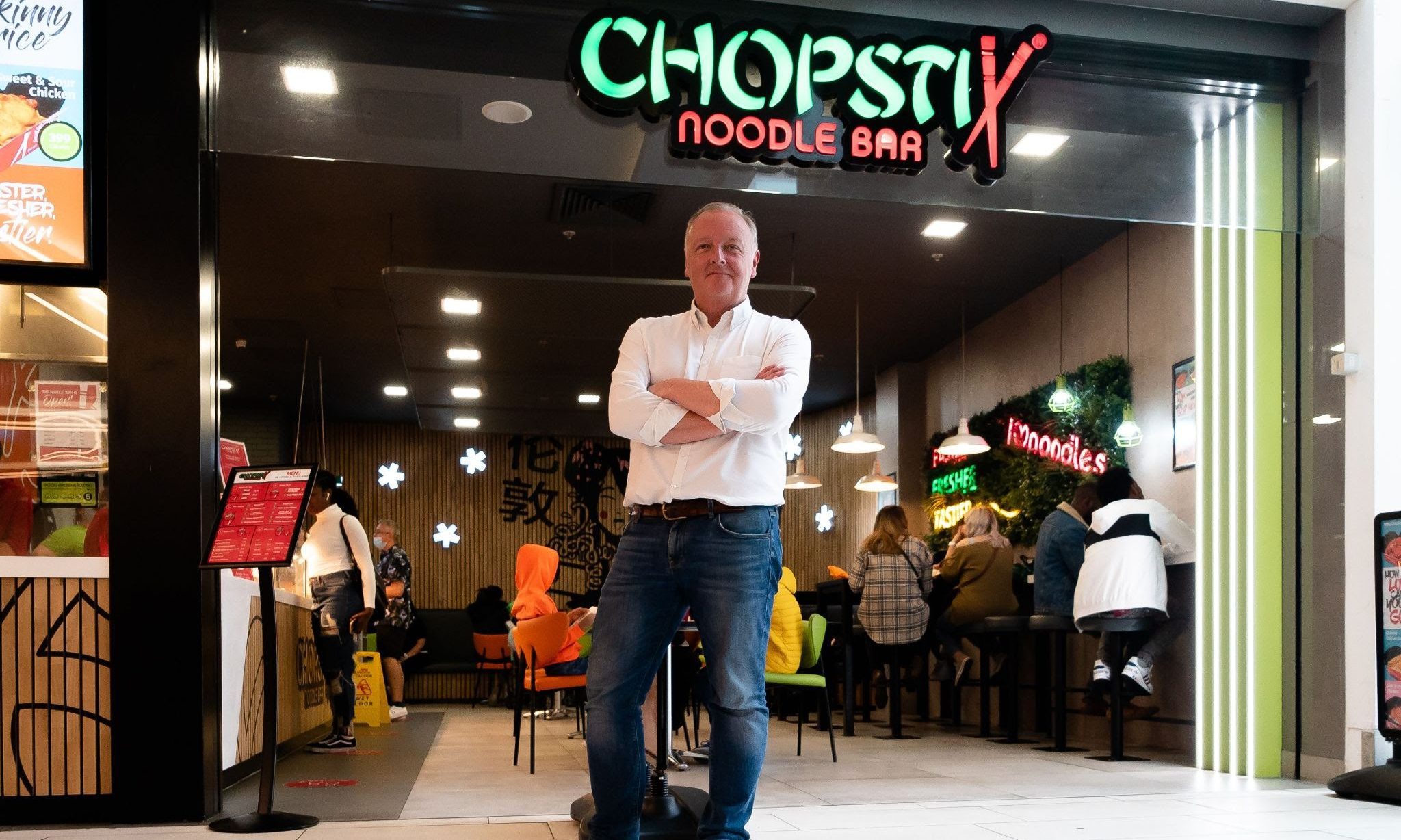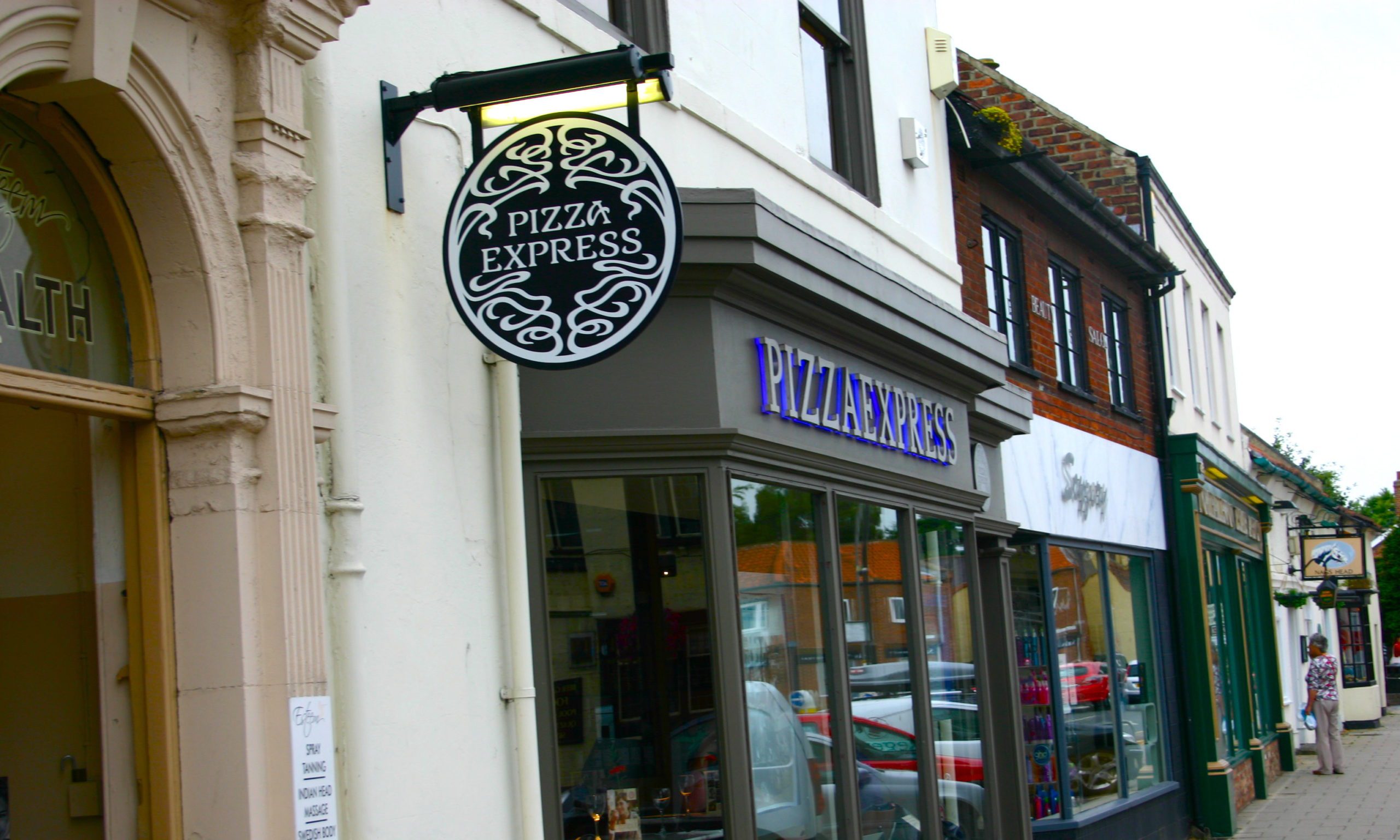Register to get 5 free articles
Reveal the article below by registering for our email newsletter.
Want unlimited access? View Plans
Already have an account? Sign in
Juliane Caillouette-Noble is the managing director of The Sustainable Restaurant Association, which aims to drive change towards an environmentally restorative and socially progressive hospitality sector. The SRA works with businesses across the hospitality sector to create a unified definition of sustainability within the industry through it’s food made good programme, made up of over 10,000 food service providers.
Caillouette-Noble details the recent shift in approach undertaken by SRA, the hospitality industry’s first-hand experience of the dangers it faces, and its main aims in driving forward sustainable change
Can you give us an overview of the association’s aims and values, and outline what they want to achieve and how they’ve gone about achieving it?
The Sustainable Restaurant Association has been working with hospitality for the past 10 years. We started as a membership organisation that was working to define, accredit, and support sustainability in the hospitality sector. Our aim, and our vision, is to create a hospitality sector that is restorative and socially progressive. We do this by bringing together people in the industry, and having them share best practice, their challenges, and share their successes with each other when it comes to sustainability.
However we have just decided, on the back of Covid, to move away from describing ourselves as a membership organisation, because we no longer believe that sustainability should just exist for members, or for businesses that seek it out. Instead, we believe that we should be available and be a tool for the entire industry.
What that means for us is that we’re in a transition period away from the idea that people are members of the SRA, and towards the idea that we are a platform for all businesses within the hospitality sector to access information, connect with each other and share their challenges.
Our role, and the core part of our business, is that we accredit those businesses that our doing the work through our food made good rating.
What was the trigger for that shift?
It was the perfect storm we’re living through at the moment, with Covid, Brexit and Climate Change all hitting the industry at once. We realised as a membership organisation that when Covid hit, and restaurants were forced to close, how do you justify charging members fees for access to advice? If our ambition is to help the industry, then to say in the middle of the crisis the industry is facing you’re behind on your fees, this is behind a paywall, felt inappropriate.
A second trigger was the acceleration in the need to deal with climate change. For 10 years we’ve grown massively as an organisation: We are the world largest sustainability programme, with about 12,000 kitchens that are reached through our food made good programme. But we realised we couldn’t continue tinkering around the edges anymore.
This is not to downplay the work we’ve been doing over the last 10 years. However, we have many participants who have worked with us who can dabble and are able to call themselves a member of the SRA, but they are unable to undergo their audit regularly. We felt, as the consumer is becoming more and more keen on sustainability, and the crisis is becoming more and more urgent, it’s increasingly important that you’re getting that accountability and that restaurants are using that tool to audit their practice every year.
This drove the decision to separate the two. Let’s make the information, conversation, support and network available to the whole industry, so they can access that knowledge and to drive change. But on the other hand, let’s make sure that action is meaningful, and that action gets rewarded
We’ve always had our accreditation programme, but in the past you’ve been able to use your accreditation if you want, or just call yourself a member of the SRA. Now if you want to promote that association, you need to be actually doing an accreditation.
In your article on the IPCC report you call the SRA a hopeful organisation. Do you maintain this hopefulness and optimism considering the seriousness of the current situation, or is there a balance to be found between the two approaches?
I do still maintain a hopeful and optimistic approach, but I don’t think that it is the opposite to taking the situation seriously. The issues we face, the scale with which our behaviours need to change and the scale to which our behaviours have impacted the planet, are existential.
We talk about the crisis we face a lot internally as a team, and we believe that if you focus too much on the crisis or the panic, it actually leads us to inaction because you don’t really know where to start. When you spiral too heavily into the crisis, you can easily get to a place of thinking that nothing is big enough, that no action is going to be enough, and therefore what’s the point.
Or, it can lead you to be a zealot. There’s always a conflict in our organisation because we work with everyone, from the independent restaurants all the way up to large groups and chains. When rewarding larger groups and chains for their actions, this can lead to frustration for the independent restaurants and chefs who are really passionate about these issues. They might argue, how can you praise this large brand for their action, given the question of whether larger brands can ever be sustainable?
Our position is if we don’t allow a conversation to extend to the whole sector, if you don’t reward positive steps in the right direction, you’ll lose them and then it doesn’t matter if you have five people going entirely zero-waste, because it’s only five people.
For us it’s that link, that we can bring a hopeful message to bring everyone on the journey. To acknowledge that while there is a huge problem in front of us, there are also actions that we can take, and that it doesn’t need to be insolvable. These shifts can happen, and some of them are things that can happen relatively quickly within the industry.
For example, we had a large group and chain that wasn’t doing anything with their food waste, and when they recognised how many other brands were doing more, they took all of those ideas and they implemented them within their brand within a four month period.
This led to tons and tons of food waste that was eliminated. These are actions, small steps, that can make a huge difference over time.
Do you sense that the industry is open to meaningful change? Is there a danger of words like ‘sustainable’ becoming buzzwords used as a marketing tool, or do you sense the industry is open to tackling them in a meaningful way?
My experience shows that these issues have escalated dramatically in terms of their priorities, and a major reason is because hospitality was hit so hard and made so vulnerable by Covid. I think that led to a wake up call. Even though it might feel distant, climate change is an immediate risk to your food business because of the destabilisation of food supply. All of a sudden, the pandemic happens, and it makes you realise these issues are escalating.
It was the first time that restaurants had the wake up call that it can just remain business as usual, and that change was needed to survive in this new climate. The experience the industry has had and is still having, in terms of supply chain shortages and staffing shortages, makes tangible the outcomes that reports have been saying for a while could be the outcome of climate change.
People have realised that if we fail to stabilise our food supply then we are going to have shortages all the time. If, for example, you have mass migration due to climate events, or adverse weather, all of a sudden it has been made very real, very upfront, and very personal a way it hasn’t yet for other industries. Whether this translates to meaningful change, as opposed to performative change, remains a little to be seen.
One of the challenges of all these crises happening at the same moment is you now have an industry that is completely depleted financially. Meaningful change is going to require investment, and these are businesses that aren’t necessarily in the position to invest in that area in the immediate future.
When I look globally, the UK is a market leader in terms of actual meaningful and tangible change. When we talk to our global businesses which have counterparts all over the world, you see that too. The UK is driving forward a conversation on packaging, and on waste, and on sourcing at a faster rate than their partners in the Americas or in Asia. Could that change with some bad trade deals, and it becomes a race to the bottom? I hope not, but that potential is challenging.
One thing it is important to keep a watch out for are all of the brands with which are creating net-zero commitments that don’t actually remotely touch their scope three emissions. I see a difference in the meaningfulness between people that are coming to the idea of net zero because they really want to shift to being restorative and being carbon positive, compared to those that are clinging on to it as a new buzzword. They recognise that they could tick off relatively easily scope one or scope two with infrastructure change. But if they’re not making any commitments around their scope 3 emissions, they are really only dancing around the problem.
Going forward, what would be the main objective for the Association?
We don’t have one singular, main objective, but what we want is for our rating and certification to be used by the hospitality industry, almost in the same way the B CORP is used by traditional businesses.
This would lead to clarity and definition on what we mean when we say ‘sustainable’, and would mean restaurants could start understanding accountability on equal terms. If you use blurry and ambiguous language without a defined meaning it allows people and businesses to get away with a lot.
Our immediate ambition is to get as many restaurants to use our sustainability rating as possible, because we believe that would create transparency to the consumer in a way that doesn’t currently exist, and aligns the industry on terms so that you can compare apples to apples and actually demonstrate improvement. That doesn’t need to be UK centric, that can be shared with the world.
For us these next six months are really important, in harnessing the messaging and the energy around climate and around COP and around the urgency to act.


